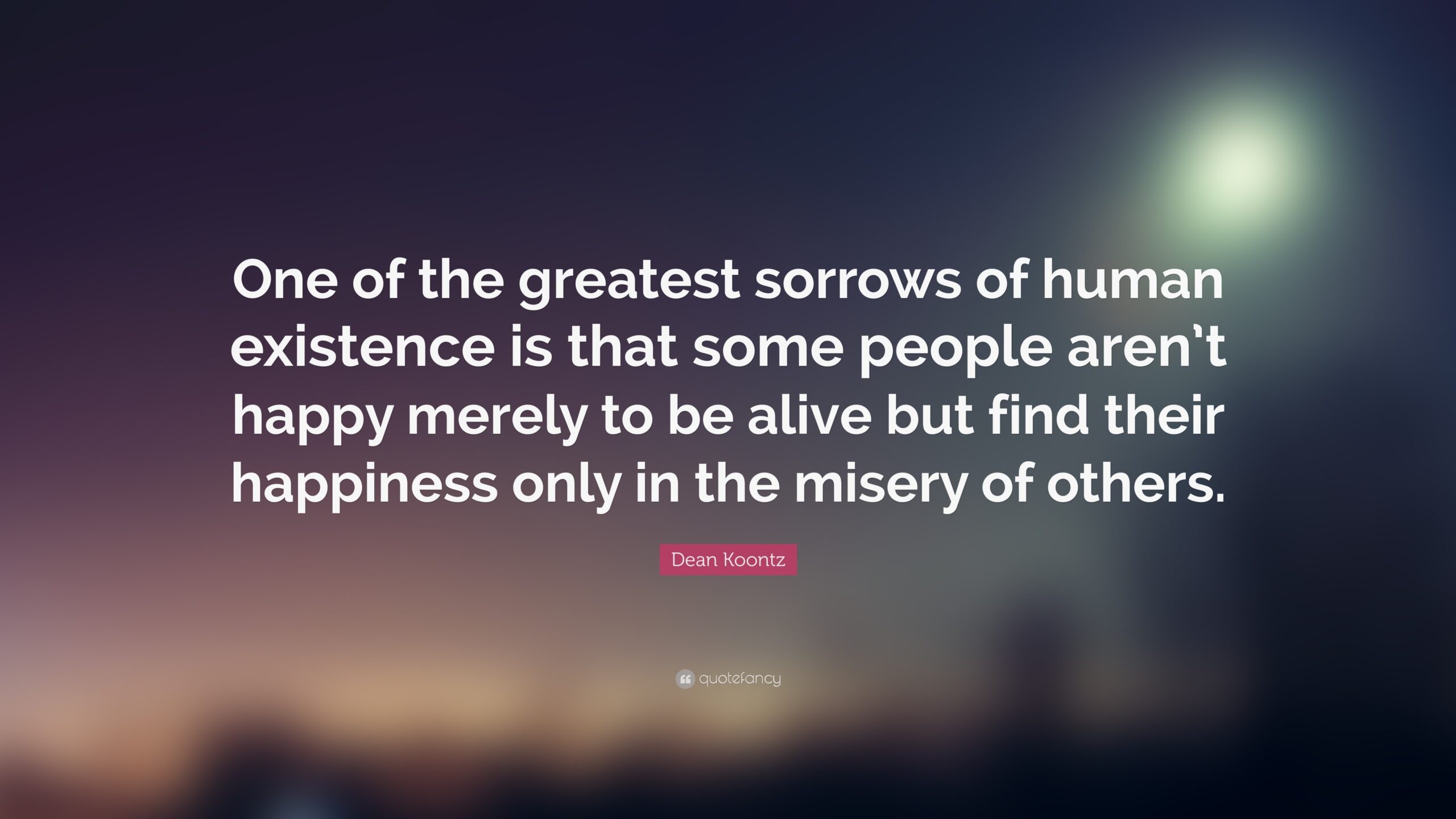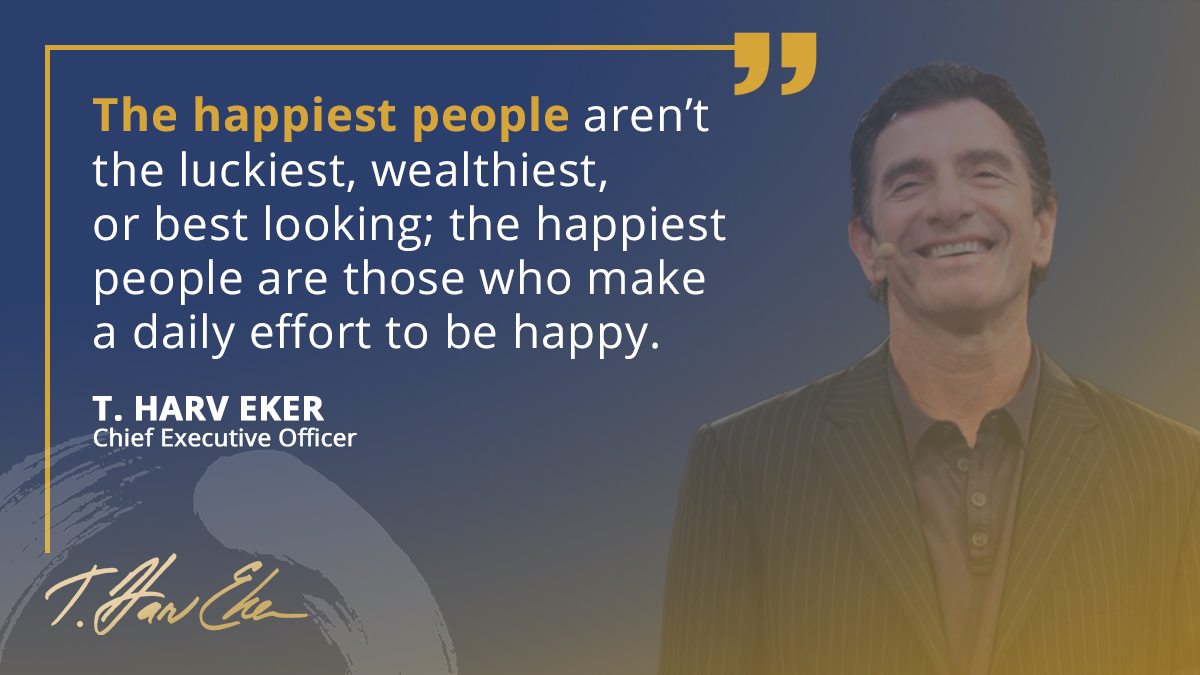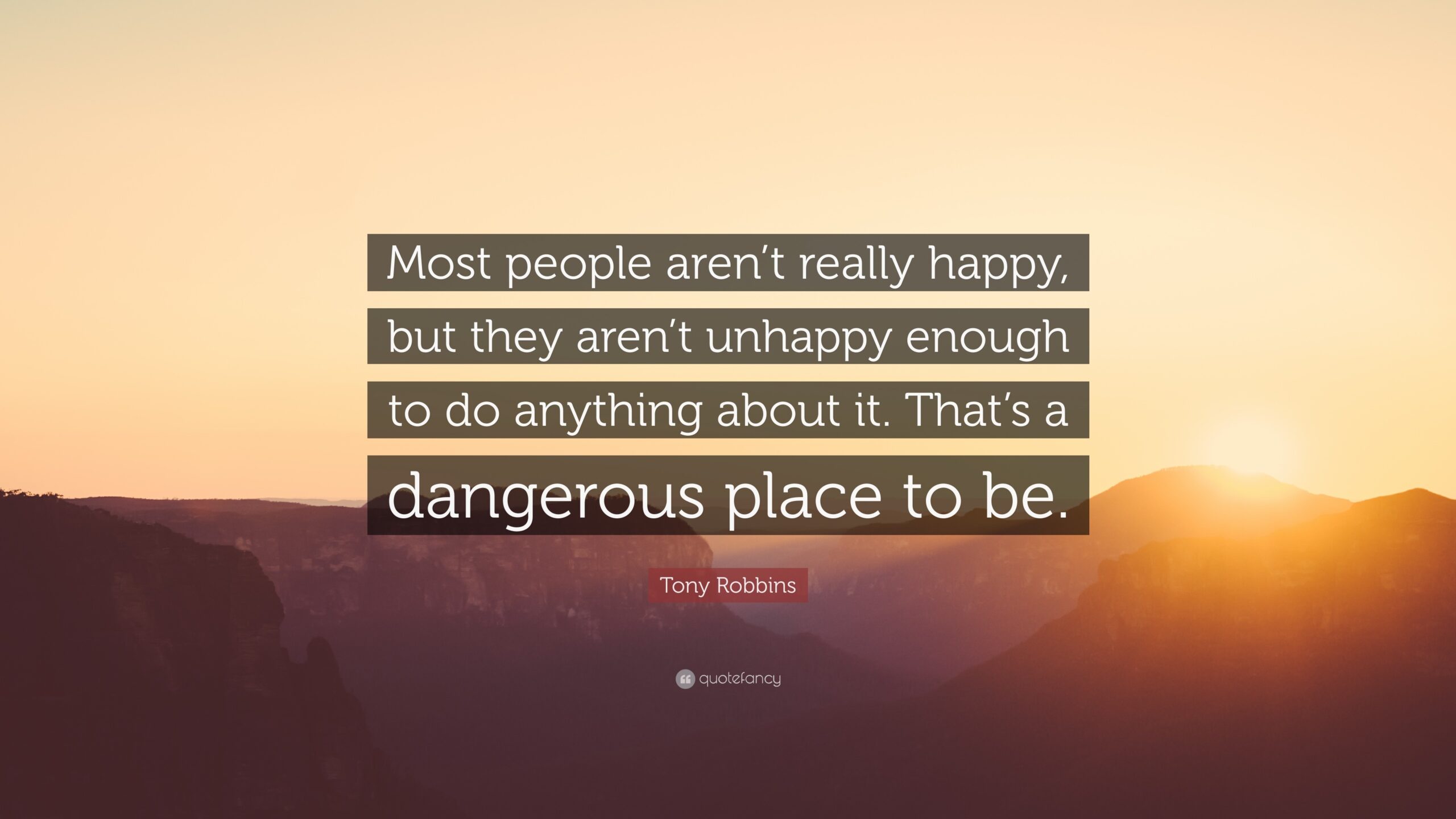Table of Contents
Introduction
“We’re constantly told to chase happiness, but what if the pursuit of happiness is leading us in the wrong direction?”
Happiness. It’s a word that’s been drilled into our minds as the ultimate goal in life. From self-help books to social media posts, the message is clear: you should be happy, and if you’re not, you need to figure out how to get there, fast. But have you ever stopped to wonder if this relentless pursuit of happiness might actually be making you…well, unhappy?
In this blog, we’ll explore the idea that the pursuit of happiness could be overrated. We’ll dig into the science behind happiness, question societal norms, and consider whether the quest for constant joy might be distracting us from other, equally important aspects of life. Is happiness something we should be chasing, or are we missing the bigger picture?
By the end of this exploration, you might just find that happiness isn’t about chasing a dream but rather about embracing the present moment, imperfections and all.
What Is Happiness, Really?
Defining Happiness
Happiness is a term that gets thrown around a lot, but what does it actually mean? Ask ten different people, and you’ll probably get ten different answers. For some, happiness might be a fleeting moment of joy, like the feeling you get when you bite into your favorite dessert. For others, it could be a deeper sense of contentment that comes from leading a fulfilling life.
In psychology, happiness is often defined as a combination of life satisfaction and the frequency of positive emotions. It’s about how satisfied you are with your life as a whole, combined with how often you experience emotions like joy, gratitude, and contentment. But is this definition too simplistic?
The Happiness Illusion
Here’s the thing: society often sells us an illusion of happiness that’s almost impossible to attain. We’re bombarded with images of perfect lives on social media, filled with exotic vacations, flawless relationships, and perpetual smiles. It’s easy to start believing that happiness is a state of constant euphoria that we need to strive for at all costs.
But this illusion of happiness can be damaging. It sets up unrealistic expectations, leading us to feel like we’re failing if we’re not always in a state of bliss. In reality, happiness is much more complex and multifaceted than a single, static emotion.
Scientific Insights on Happiness
Science tells us that happiness isn’t just about feeling good all the time. Research shows that happiness is linked to a mix of emotional well-being, purpose, and social connections. In fact, some studies suggest that having a sense of meaning in life is more important for long-term happiness than simply experiencing positive emotions.
Neuroscientists have also found that our brains are wired for a certain baseline of happiness—often referred to as the “happiness setpoint.” This means that while we might experience temporary highs and lows, we tend to return to a certain level of happiness over time. So, if happiness isn’t something we can hold onto permanently, should we be pursuing it as if it were?
The Role of Expectations in Happiness
The Happiness Setpoint
Ever notice how some people seem naturally happier than others, regardless of what’s happening in their lives? This might be due to what psychologists call the “happiness setpoint.” The theory is that each of us has a baseline level of happiness determined by genetics and personality traits. While life events can temporarily raise or lower this setpoint, we tend to return to our baseline over time.
This setpoint theory suggests that while we can influence our happiness through our actions and mindset, there’s only so much we can control. Understanding this can help manage expectations—realizing that happiness isn’t about maintaining a perpetual high, but rather about experiencing life with its natural ups and downs.
Societal Pressure to Be Happy
In today’s world, there’s a pervasive pressure to be happy. From advertisements promising bliss in a bottle to social media feeds filled with smiling faces, the message is clear: if you’re not happy, you’re doing something wrong. This societal pressure can be overwhelming, leading us to chase happiness in ways that are neither healthy nor sustainable.
The problem with this pressure is that it creates unrealistic expectations. We start to believe that everyone else is constantly happy, and that we should be too. This can lead to feelings of inadequacy when our own lives don’t measure up to the idealized versions we see around us. The truth is, no one is happy all the time, and pretending otherwise only adds to the stress.
Comparison Culture
Nothing steals happiness faster than comparison. In the age of social media, it’s easier than ever to compare our lives to those of others. We see someone else’s success, wealth, or happiness, and suddenly our own lives feel lacking. This comparison culture can be toxic, as it shifts our focus away from what we have and towards what we think we’re missing.
The irony is that the people we’re comparing ourselves to are often doing the same thing—comparing their happiness to someone else’s. It’s a never-ending cycle that leaves everyone feeling less than satisfied. To break free from this, it’s important to remember that happiness is personal and unique to each individual. What brings joy to one person might not work for another, and that’s perfectly okay.
Is Happiness Really Overrated?

Happiness vs. Meaning
While happiness is often touted as the ultimate goal in life, there’s a growing body of research suggesting that meaning might be even more important. Happiness is typically associated with pleasure and positive emotions, whereas meaning involves a sense of purpose and fulfillment. Studies show that people who pursue a meaningful life, rather than just a happy one, tend to experience deeper satisfaction and resilience in the face of challenges.
So, is it possible that our obsession with happiness is causing us to overlook what really matters? A life focused solely on happiness might miss out on the richness that comes from facing difficulties, helping others, and striving for something greater than ourselves. In contrast, a life centered on meaning often brings a more profound sense of satisfaction, even if it doesn’t always feel happy in the moment.
The Balance Between Happiness and Other Emotions
Another reason why the pursuit of happiness might be overrated is that it can lead us to neglect other important emotions. Life is a complex tapestry of experiences, and not all of them are pleasant. Sadness, anger, frustration—these emotions are just as much a part of the human experience as happiness. In fact, they often serve a purpose, helping us to grow, learn, and appreciate the good times even more.
By constantly striving for happiness, we might miss out on the lessons that come from embracing the full range of our emotions. Happiness is just one piece of the puzzle. To live a truly fulfilling life, it’s essential to experience and understand the entire spectrum of emotions.
Happiness and Purpose
When we shift our focus from chasing happiness to pursuing purpose, we often find that happiness becomes a byproduct rather than the goal. Purpose gives our lives direction and meaning, guiding our actions and decisions. It’s what drives us to get up in the morning, face challenges, and keep going even when things are tough.
People who live with a strong sense of purpose often report higher levels of well-being and life satisfaction. They may not always describe themselves as “happy” in the traditional sense, but their lives are rich with meaning and fulfillment. In the end, this sense of purpose may offer a deeper and more lasting form of happiness than the fleeting joy we often chase.
How to Reframe Your Pursuit of Happiness
Focus on Contentment, Not Happiness
Instead of constantly striving for happiness, which can feel like chasing a moving target, consider shifting your focus to contentment. Contentment is about finding peace in the present moment, appreciating what you have rather than longing for what you don’t. It’s a more sustainable state of being that doesn’t require constant highs. When you focus on contentment, you allow yourself to experience happiness as it comes, without the pressure of always needing to be “happy.”
This doesn’t mean settling for less, but rather, recognizing the value in the everyday moments that bring you joy—a warm cup of coffee in the morning, a quiet evening with a good book, or a walk in nature. These small moments of contentment can add up to a fulfilling life, where happiness naturally occurs without being forced.
Living in the Present
One of the simplest yet most powerful ways to experience more happiness is by living in the present moment. Mindfulness practices, such as meditation or even just paying attention to your breath, can help you stay grounded in the here and now. When you’re fully present, you’re more likely to notice and appreciate the little things that contribute to your overall sense of well-being.
By focusing on the present, you reduce the anxiety that often comes from worrying about the future or regretting the past. It’s in these present moments that true happiness can be found—not as a constant state, but as fleeting, beautiful instances that make life worth living.
Finding Happiness in Daily Life
Happiness doesn’t have to be a grand, elusive goal. In fact, some of the happiest people find joy in the simple routines and small pleasures of daily life. Whether it’s cooking a meal, spending time with loved ones, or pursuing a hobby, these activities can bring a deep sense of satisfaction and joy.
Instead of thinking about happiness as something to achieve, start looking for it in the mundane. Celebrate the little victories and savor the quiet moments. By shifting your mindset from pursuing happiness to appreciating life as it is, you might find that happiness comes more easily and with less effort.
The Role of External Factors in Happiness
Does Money Buy Happiness?
The age-old question: can money buy happiness? The answer is, unsurprisingly, complicated. Research suggests that money can contribute to happiness, but only up to a certain point. Studies have shown that once basic needs like food, shelter, and security are met, additional income has a diminishing return on happiness. This is often referred to as the “happiness plateau.”
So, while money can certainly make life easier and reduce stress, it’s not the golden ticket to everlasting happiness. Beyond a certain level of wealth, the things that truly make us happy—like meaningful relationships, personal growth, and a sense of purpose—can’t be bought. It’s important to recognize that while money can enhance your life, it’s not the sole key to happiness.
Career Satisfaction and Happiness
Your job plays a significant role in your overall happiness, but again, it’s not as simple as landing your dream job and living happily ever after. Career satisfaction comes from a combination of factors, including feeling valued, having a sense of purpose, and maintaining a healthy work-life balance.
Interestingly, the pursuit of happiness in a career can sometimes lead to burnout, especially if you’re constantly pushing yourself to achieve more. Instead of focusing solely on career success as a path to happiness, it might be more beneficial to seek a balance that includes time for personal interests, relaxation, and relationships.
The Impact of Relationships on Happiness
When it comes to happiness, relationships often take center stage. Numerous studies have shown that strong social connections are one of the most significant predictors of happiness. Whether it’s family, friends, or a romantic partner, the people in our lives provide us with love, support, and a sense of belonging—all crucial components of happiness.
However, it’s not just about the quantity of relationships, but the quality. Deep, meaningful connections are far more beneficial to our happiness than a large number of superficial ones. It’s also worth noting that while relationships can bring great joy, they can also bring challenges. Learning to navigate these challenges and maintain healthy, supportive relationships is key to long-term happiness.
The Happiest People Aren’t Focused on Happiness
Case Studies of Happiness
It might sound counterintuitive, but some of the happiest people are those who don’t focus on happiness as their primary goal. Take, for example, individuals who dedicate their lives to helping others—whether through volunteer work, raising a family, or contributing to their communities. These people often report high levels of happiness, not because they are constantly chasing it, but because they find joy and fulfillment in serving others and being part of something larger than themselves.
Consider also the lives of creative individuals, like artists and writers, who pour their passion into their work. For them, happiness is a byproduct of the creative process rather than a goal in itself. They immerse themselves in their craft, and through this immersion, they often experience moments of profound joy and satisfaction.
Happiness and Resilience
Happiness isn’t just about experiencing positive emotions; it’s also about resilience—the ability to bounce back from adversity. Interestingly, some of the happiest people have endured significant hardships in their lives. These individuals often develop a deep sense of gratitude and perspective, understanding that happiness isn’t about having a perfect life but about appreciating the good even amidst the bad.
Resilient people tend to focus on what they can control, rather than obsessing over the pursuit of happiness. They accept life’s ups and downs and find contentment in the journey, knowing that true happiness comes from within, not from external circumstances.
The Paradox of Happiness
Here’s the paradox: when you stop searching for happiness, it often finds you. The more you try to force happiness, the more elusive it can become. On the other hand, when you focus on living a meaningful life—filled with purpose, connection, and growth—happiness tends to show up naturally as a byproduct.
This paradox suggests that happiness might be less about direct pursuit and more about indirect experiences. When you engage fully in life, pursue your passions, build strong relationships, and contribute to the well-being of others, happiness follows naturally. It’s a bit like trying to catch a butterfly—if you chase it, it flutters away, but if you sit still, it might just land on you.
Conclusion
Recap
As we’ve explored, the pursuit of happiness might be overrated, especially if it’s treated as a constant goal to achieve. Happiness, in its truest form, isn’t something that can be chased down or captured. Instead, it’s a byproduct of living a life filled with purpose, meaningful relationships, and a balanced approach to emotions. By shifting our focus from relentlessly seeking happiness to embracing the full spectrum of human experience, we open ourselves up to a more profound and lasting sense of well-being.
Final Thought
Perhaps it’s time to reconsider our obsession with happiness. Maybe happiness isn’t something to be chased after or achieved like a trophy, but something to be noticed, nurtured, and appreciated in the small, everyday moments. By letting go of the pressure to always be happy, we might actually find more of it in unexpected places.
Call to Action
Now it’s your turn to reflect. Have you been caught in the happiness trap, always chasing the next thing that’s supposed to make you happy? Or have you found happiness in the quiet, simple moments of life? Share your thoughts, experiences, or tips on finding happiness in the comments below. Let’s start a conversation about what happiness truly means and how we can all find a little more of it in our lives—without the chase.







naturally like your web site however you need to take a look at the spelling on several of your posts. A number of them are rife with spelling problems and I find it very bothersome to tell the truth on the other hand I will surely come again again.
Thank you, I will be more careful with my spelling.
This is my first time pay a quick visit at here and i am really happy to read everthing at one place
Thank you 🙂
Very well presented. Every quote was awesome and thanks for sharing the content. Keep sharing and keep motivating others.
Thank you 🙂